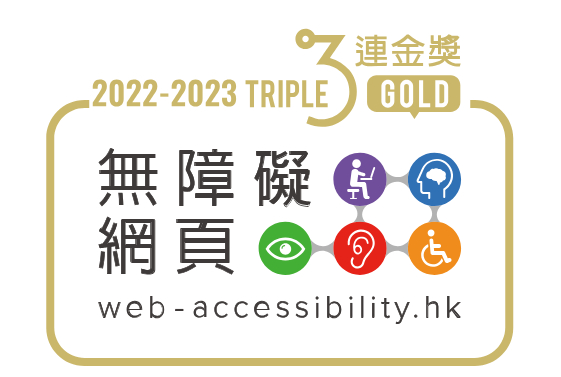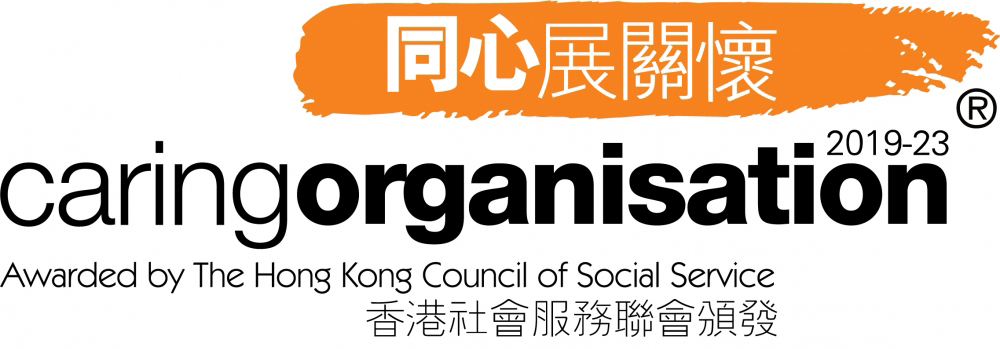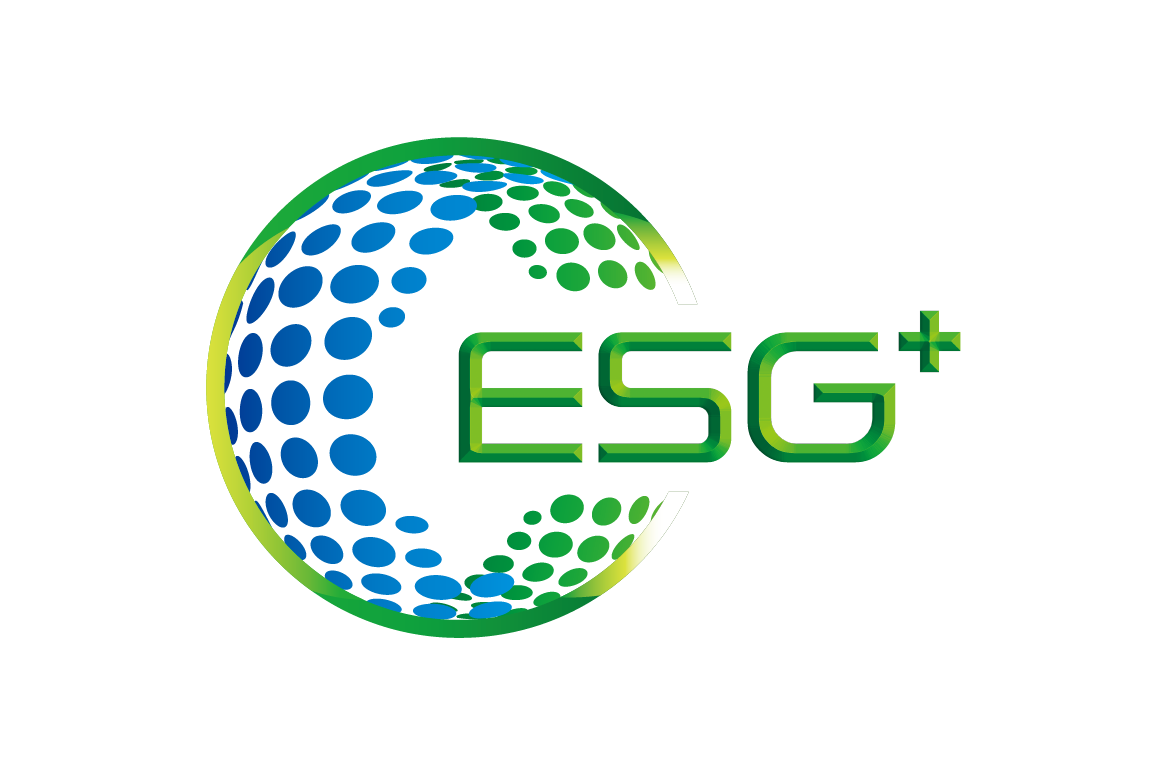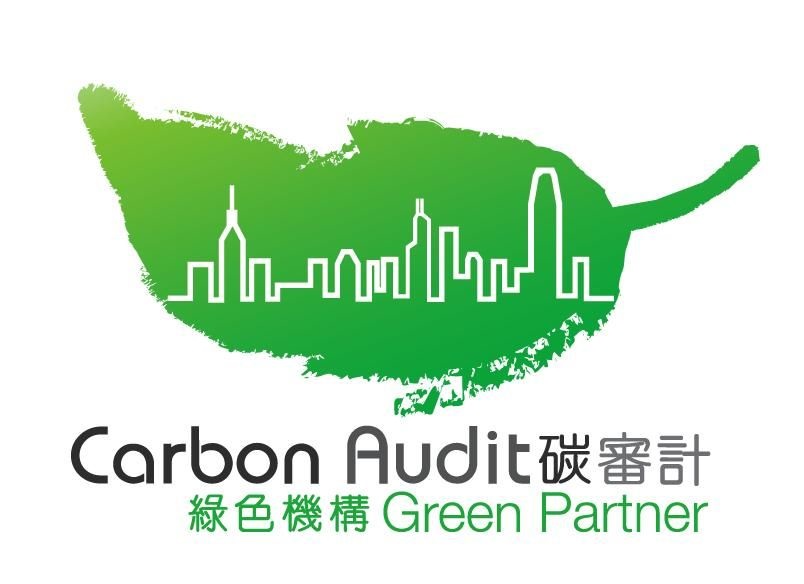Insurance Authority bans former insurance agent for three years for using two false academic certificates under the former self-regulatory regime
10 January 2023
The Insurance Authority (IA) has taken disciplinary action against a former insurance agent who used two different false academic certificates on two separate occasions to establish that she met the minimum education requirements to be an insurance agent under the previous self-regulatory regime. The case was handled in accordance with the requirements in place at the time the false academic certificates were submitted. The former agent has been prohibited from applying to be licensed for 3 years.
The former agent first used a false academic certificate in October 2015 when she applied to be registered as an insurance agent of an authorized insurer with the Insurance Agents Registration Board (IARB). In December 2015, the former agent then used a different false academic certificate to apply to the IARB to be registered as an insurance agent of a different authorized insurer. Both academic certificates were purported to have been issued by schools which the former agent had never attended. The former agent used these false academic certificates, despite the fact that she had actually satisfied the minimum academic requirements to be an insurance agent (having attended a different school to those stated in the two false academic certificates she submitted).
Insurance agents are required to act ethically and to have integrity as a basic standard of professionalism, as members of the public place trust in them by relying on their advice and recommendations on insurance matters. An individual, who displays such a lack of ethics and integrity by using false academic certificates on two separate occasions in a submission to a regulator, violates the trust on which the insurance market must be founded. Such individual is deserving of a lengthy ban. It matters not that she satisfied the minimum academic requirements. This is an issue that goes to character and knowingly submitting false documents to a regulator twice is indicative not only of a lack of fitness and properness of character, but also a material lack of understanding of the duties and ethical responsibilities of an insurance agent.
The IA continues to have zero tolerance for this and individuals who sought to utilise false academic certificates under the previous self-regulatory regime will not be considered fit and proper persons until they are able to establish that they have undergone such a complete reformation of character as to prove that their integrity has been restored.
As indicated, this case had to be handled in accordance with the transitional arrangements in Schedule 11 of the Insurance Ordinance (Cap. 41) (the Ordinance), which required the relevant requirements in place at the time to be applied and the disciplinary approach of the IARB 1 to be followed. Hence a three-year prohibition was imposed.
The current regulatory regime for licensed insurance intermediaries which came into force on 23 September 2019 has strengthened the punishment for submission of false academic certificates in the licensing process. It is now a criminal offence to provide false information to the IA in connection with an application for a licence or an approval under the Ordinance 2 . An individual who commits such offence, if found guilty, will be liable to a fine at level 5 3 and to imprisonment for 6 months. The IA will have no hesitation in prosecuting any individual who seeks to submit a false academic certificate to the IA as part of the licensing process.
Insurers also have a part to play in ensuring that, as part of their recruitment and on-boarding processes for new insurance agents, they carry out adequate checks on the accuracy of the information being submitted to the IA as part of a licensing application by their prospective new insurance agent.
For further information on the IA’s enforcement work, please see the “ Enforcement News ” section of the IA’s website. Public disciplinary actions against licensed insurance intermediaries may also be searched on the Register of Licensed Insurance Intermediaries on our website.
Ends
Notes:
1 Pursuant to section 113(4)(d) of Schedule 11 to the Ordinance, in handling non-compliance cases unresolved by the Self-Regulatory Organisations (SROs), the IA may impose a disciplinary sanction on a specified person that could have been imposed by the SRO concerned had the case been handled by the body.
2 Section 64ZZE of the Ordinance sets out the offence to provide false information in connection with application for licence or approval.
3 Pursuant to Schedule 8 to the Criminal Procedure Ordinance (Cap. 221), a fine at level 5 is HK$50,000 at present.




 |
|  |
|  |
|  |
|  |
|  |
|  |
| 